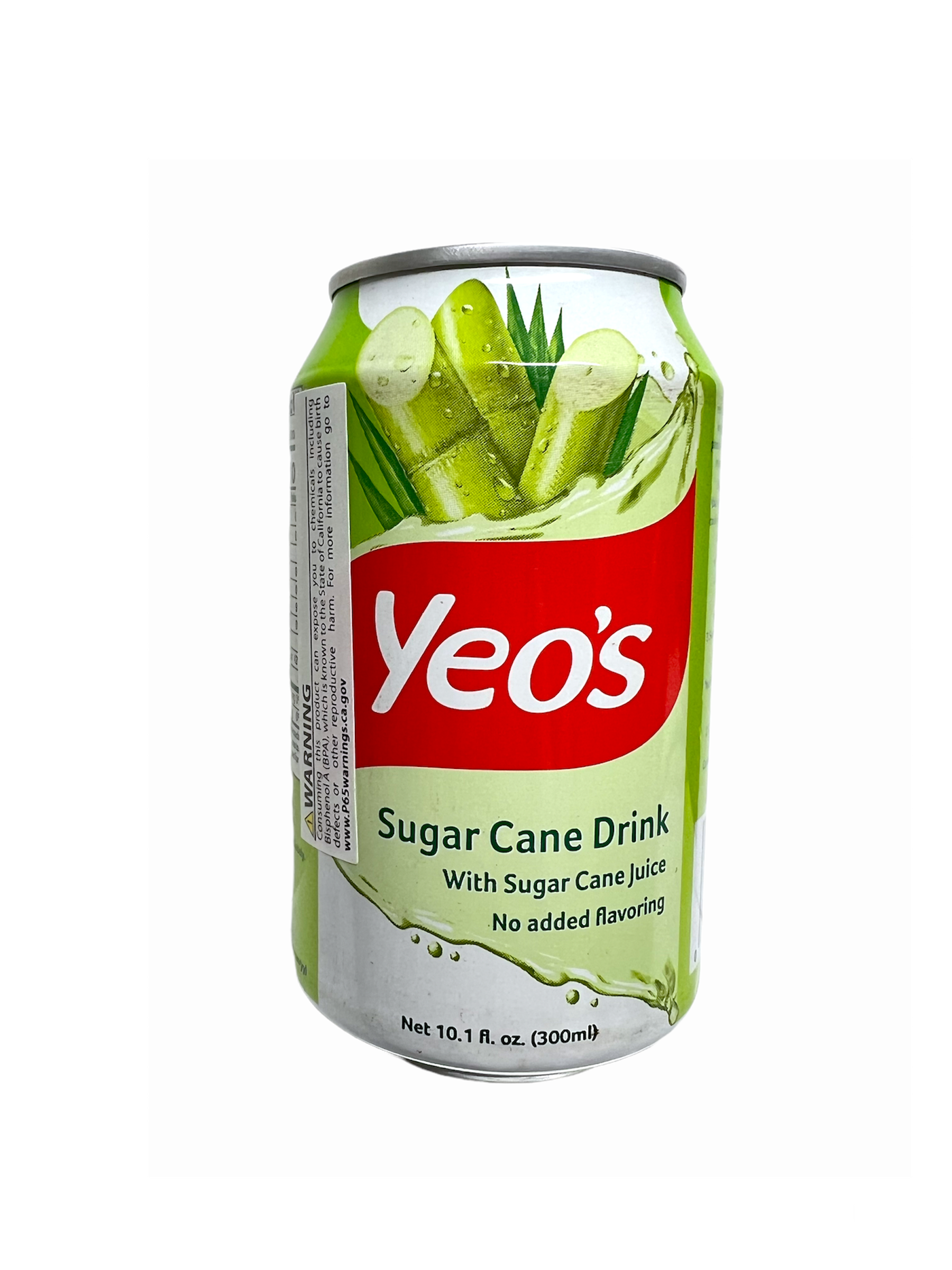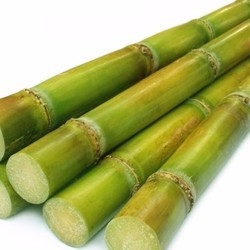The Complex Uses Sugar Walking Stick: From Food Products to Biofuels
Sugar Cane is a plant with varied applications that expand much beyond easy sweeteners. Its products vary from granulated sugar and molasses to fermented liquors and sustainable product packaging materials. In addition, it contributes in the manufacturing of renewable biofuels. Understanding these multifaceted usages discloses the financial and environmental importance of sugar Cane farming. Yet, the implications of its growing methods question worth exploring additionally.
The Role of Sugar Cane in Sugar Production
Sugar Cane is typically connected largely with its pleasant flavor, it plays a vital duty in the manufacturing of different sugar worldwide. The process starts with removing juice from sugar walking cane, which is then made clear and evaporated to generate raw sugar. This raw sugar goes through more refinement to develop granulated sugar, widely utilized in households and markets. Along with typical granulated sugar, sugar Cane is likewise the resource of molasses, a thick syrup that retains many nutrients and is utilized in baking and food preparation.
In addition, sugar Cane functions as the structure for creating different sugar like high-fructose corn syrup and certain sweetening agents, which are increasingly prominent in food and drink manufacturing. The convenience of sugar Cane in sugar manufacturing not just pleases consumer demand for sweet taste however additionally sustains various food industries, highlighting its importance past plain flavor.
Sugar Cane in Food Products Beyond Sweeteners
Sugar Cane uses numerous nutritional benefits that expand beyond its duty as a sweetener. Its versatility in culinary applications has actually led to ingenious uses in a series of food products, enhancing flavors and structures. This expedition highlights the broader contributions of sugar Cane to the food sector.
Nutritional Benefits of Sugar Walking Stick
The nutritional advantages of sugar Cane extend far beyond its well-known role as a sugar. This versatile plant is rich in necessary nutrients, including calcium, magnesium, potassium, and iron. In addition, sugar Cane has anti-oxidants that aid battle oxidative tension in the body. Its high fiber content aids in food digestion and promotes gut health, making it a useful enhancement to the diet. In addition, sugar Cane juice is frequently consumed for its hydrating properties and natural power increase, supplying a source of quick carbohydrates. The visibility of phytonutrients includes in its health advantages, possibly supporting immune function. Overall, sugar Cane uses a variety of dietary benefits, adding to a health-conscious and well balanced way of living.
Culinary Applications and Advancements
While commonly acknowledged primarily for its sweet taste, sugar Cane has become an ingenious component in different culinary applications past conventional sweeteners. Cooks and food producers are significantly making use of sugar Cane juice and syrup to improve flavor profiles in mouthwatering dishes, marinades, and sauces. Its natural sweetness balances seasonings and acidity, making it a flexible component in international cuisines. Furthermore, sugar Cane fibers are finding their method right into gluten-free flours, providing texture and dietary advantages. Cutting-edge desserts, such as sugar Cane sorbets and sweets, display its special flavor, while drinks like sugar Cane mixed drinks and teas highlight its invigorating top qualities. These cooking developments demonstrate sugar cane's potential to revolutionize modern gastronomy.
The Manufacturing of Alcoholic Drinks From Sugar Cane
Changing sugar Cane into liquors showcases the versatility of this exotic crop. The fermentation of sugar Cane juice or molasses leads to a variety of popular beverages, including cachaça, aguardiente, and rum. These beverages are deeply rooted in the cultures of sugar-producing regions, especially in the Caribbean and South America.
The manufacturing procedure starts with the extraction of juice from freshly collected sugar walking cane, which is then fermented using yeast. This fermentation converts the sugars into alcohol, generating a base that can be distilled for greater alcohol material. Distillation methods vary, affecting the flavor profiles and qualities of the end product.
In addition, aging in go to my blog barrels can enhance the complexity and deepness of tastes in spirits like rum. Generally, the transformation of sugar Cane right into alcoholic beverages not only highlights its farming relevance but additionally contributes substantially to the international drink market, providing diverse and abundant experiences for customers.
Sugar Cane and Its Use in Biodegradable Packaging
Sugar walking cane's adaptability expands past beverage manufacturing to cutting-edge applications in eco-friendly packaging. This renewable energy is progressively being used to create environment-friendly packaging solutions that decrease reliance on petroleum-based plastics. Stemmed from the fibrous deposit of sugar walking cane, referred to as bagasse, suppliers can create naturally degradable products that disintegrate more swiftly have a peek at this website than standard plastics.
These sugar cane-based packaging items offer a sustainable alternative for numerous markets, consisting of food and customer goods. They not only minimize environmental impact yet likewise straighten with the growing consumer need for sustainable practices. Furthermore, sugar Cane packaging can be crafted to maintain durability while being light-weight, guaranteeing that it meets the useful requirements of organizations.
As environmental problems rise, the change towards eco-friendly products, such as those stemmed from sugar walking cane, offers an encouraging course towards sustainable packaging remedies that contribute to a circular economy.
Checking Out Sugar Cane as a Sustainable Biofuel
As the world looks for sustainable power resources, sugar Cane emerges as an encouraging candidate for sustainable biofuel production. This flexible plant can be exchanged ethanol, a cleaner-burning alternative to nonrenewable fuel sources - What Is Sugar Cane Used For. The fermentation process utilizes the sugars drawn out from the walking cane, causing an eco-friendly power source that greatly reduces greenhouse gas discharges contrasted to typical gas
Sugar cane's high energy yield per hectare additional boosts its stability as a biofuel. It can be cultivated in numerous environments, making it available for lots of areas, specifically in subtropical and tropical locations. Furthermore, the byproducts of sugar Cane handling can be utilized in creating electrical energy, including one more layer of sustainability to its use. The adoption of sugar cane-based biofuels not just promotes power independence yet likewise supports farming economic situations. Subsequently, sugar Cane attracts attention as a lasting solution in the international shift towards important site renewable resource.
Nutritional Advantages of Sugar Cane and Its By-products
The possibility of sugar Cane prolongs beyond its duty in sustainable biofuel production; it likewise provides considerable dietary advantages. Rich in vital nutrients, sugar Cane provides critical minerals such as magnesium, potassium, and calcium, which add to overall health and wellness. Additionally, its juice is a natural source of antioxidants, assisting to deal with oxidative anxiety in the body.
Sugar Cane by-products, such as molasses, better boost its nutritional profile. Molasses is high in iron, making it an important enhancement for those looking for to improve their iron intake. Both sugar Cane and its by-products have dietary fiber, which aids digestion and promotes a healthy and balanced intestine.

The Environmental Impact of Sugar Cane Farming

Conversely, the farming process can result in different environmental challenges. Deforestation typically strikes give way for sugar Cane areas, which interrupts communities and biodiversity. Furthermore, the heavy usage of plant foods and chemicals can lead to soil deterioration and water contamination, affecting local wildlife and areas. The intensive irrigation required in some areas can deplete water resources, leading to shortage.

Frequently Asked Questions
How Does Sugar Cane Affect Soil Wellness Throughout Farming?
The cultivation of sugar Cane substantially affects dirt wellness. It can enhance dirt structure and fertility through natural matter addition, but excessive use of plant foods may lead to nutrient exhaustion and soil degradation gradually.
What Are the Economic Advantages of Sugar Cane Farming?
The economic advantages of sugar Cane farming include task production, enhanced regional revenue, and payments to nationwide GDP. Furthermore, sugar walking stick's versatility permits for varied market chances, enhancing farmers' financial security and promoting agricultural growth.
Can Sugar Cane Be Expanded in Non-Tropical Areas?
Sugar Cane can be grown in non-tropical regions, gave the climate is frost-free and effectively cozy. What Is Sugar Cane Used For. Adjustment techniques, such as utilizing and picking appropriate ranges watering, can enhance its growth possibility in these locations
What Insects and Conditions Affect Sugar Cane Crops?
Bugs such as sugarcane borers and aphids, along with illness like red rot and rust, significantly impact sugar Cane plants. These risks can minimize yield and top quality, necessitating effective administration approaches for farmers.
How Is Sugar Cane Harvested and Processed?
Sugar Cane is commonly harvested by cutting the stalks short. After gathering, the Cane is moved to refining facilities where it is squashed to extract juice, which is after that refined into different products.
Sugar Cane is a plant with varied applications that extend far past basic sugar. The process starts with removing juice from sugar walking cane, which is after that cleared up and vaporized to generate raw sugar. Innovative desserts, such as sugar Cane sorbets and candies, display its unique taste, while drinks like sugar Cane cocktails and teas highlight its invigorating top qualities. The visibility of vitamins, particularly B vitamins, in sugar Cane supports energy metabolism and overall wellness (What Is Sugar Cane Used For). On one hand, sugar Cane is a sustainable resource that can add to lasting farming and give biofuels, decreasing reliance on fossil fuels